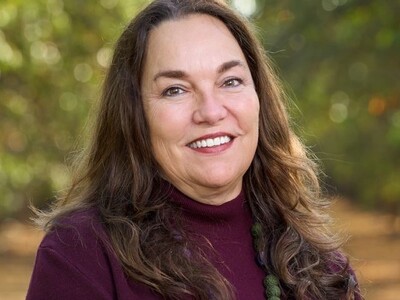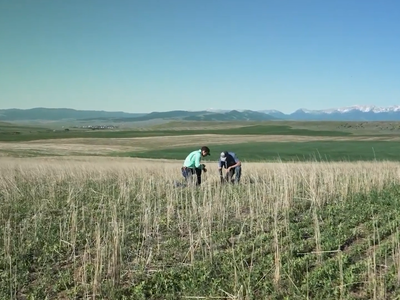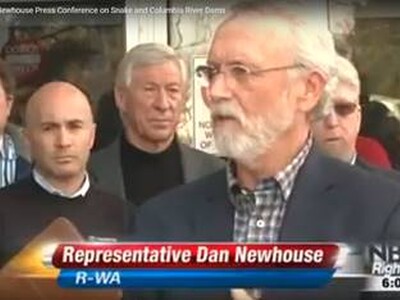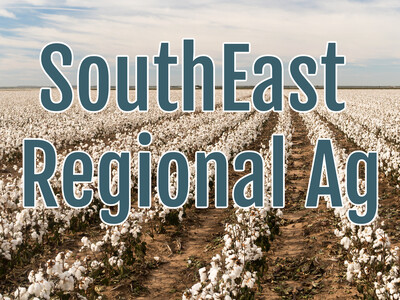Tax help
A University of Idaho Extension agricultural economist was recently chosen as the state’s contact for a new federally funded program aimed at expanding tax-related educational resources for agricultural producers.As Idaho’s contact for the Agricultural Finance, Tax and Asset Protection program (AgFTAP) – created under the federal Inflation Reduction Act (IRA) – Twin Falls-based economist Patrick Hatzenbuehler will help connect farmers and ranchers to educational resources and specialized experts for agricultural tax issues.
He’ll also share educational resources and relevant workshops regarding general farm business taxes and asset protection on the online repository, https://agftap.org.
The creation of AgFTAP is associated with the U.S. Department of Agriculture (USDA) announcement on Oct. 18 of a program offering $3.1 billion in assistance to financially distressed borrowers of Farm Service Agency (FSA) loans. USDA provides credit to about 115,000 agricultural producers who are unable to obtain traditional loans.
Hatzenbuehler recently attended a day-long training session in Salt Lake City, Utah covering AgFTAP, details of the related financial assistance program, and the role state AgFTAP contacts will play in helping farmers access educational resources.
Hatzenbuehler was invited to participate by the Directors of the Western Extension Risk Management Education Center in Pullman, Washington.
“What they’re trying to do is create a more national infrastructure for some of these tax and asset protection education resources than currently exists – taking the expertise we do have throughout the U.S. and allowing it to spread to more places that do not currently have that expertise,” Hatzenbuehler said.
The new assistance program has paid off thousands of FSA loans and helped borrowers avoid bankruptcy and foreclosure.
Several Extension faculty members from throughout the country serve on a National Farm Income Tax Extension Committee, which specializes in education about general farm tax issues. Members of that committee have been instrumental in developing educational content for AgFTAP.
Hatzenbuehler does not serve on the committee and is not an expert in farm taxes. Rather, he specializes in trade, marketing and price analysis. He was chosen as the state’s contact based on his extensive connections with farm tax experts.
“One of the members of the National Farm Income Tax Extension Committee has developed a tax planning tool which is like a spreadsheet that also includes tax implications. That’s one of the resources I could point people towards,” Hatzenbuehler said.
People with questions about the tax implications of USDA programs may visit ruraltax.org or www.farmers.gov/taxes. They may also contact Hatzenbuehler at 208-736-3607 or phatzenbuehler@uidaho.edu for assistance in reaching the appropriate expert member of the National Farm Income Tax Extension Committee.













